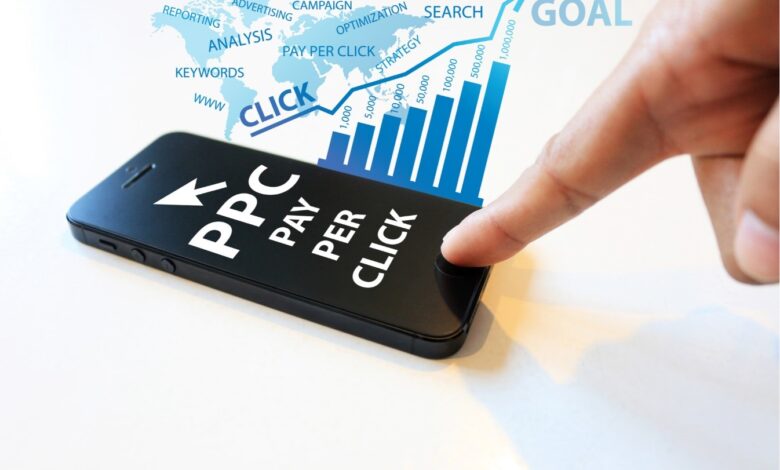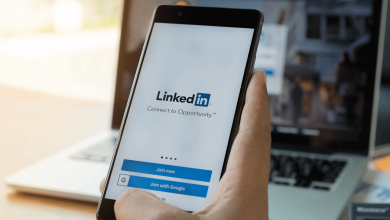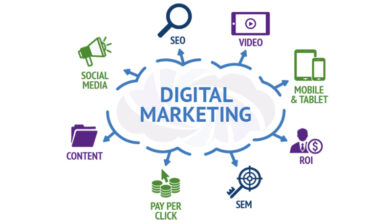Pay-Per-Click: A Powerful Way to Boost Your Digital Marketing Efforts

Digital marketing Training can be complex and even confusing. For one thing, it consists of so many different parts, including websites, social media, email, SMS, advertising, and others. For others, each of these parts has its own benefits for you as marketers and it is difficult to know which areas will focus, because it is almost impossible to focus on all.
What is Pay-per-click ad?
With PPC, you pay to click. You place ads with search engines like Google, based on certain keywords. How much you pay for the ad depends on your budget. Pay more can get better advertising placements than paying less. If someone looks for keywords that you have appointed and your ads appear on the search results page, the search clicks on your ad and you pay to click it. Therefore, the name ‘Pay per click’. This is a PPC description that is too simplified. To learn more about PPC, see the article by Brad Experts Geddes which includes many aspects of PPC and AdWords.
What is the difference between PPC and AdWords?
Even though PPC is available through several channels, Google Adwords is the most common PPC form. There is no difference between PPC and AdWords, but usually people mean AdWords when they say PPC only because Google dominates the search engine market. AdWords is a way to do PPC, but PPC can also mean paying click through search engines or other methods.
How can PPCs improve other direct marketing efforts?
Now you have a basic understanding of PPC, let’s consider several ways in which it can be used to improve your overall digital marketing. Most importantly, with PPC, you can get direct data about what functions or does not work, and this is information that you can apply to other marketing channels. For example, you can:
– Use PPC for Split A / B testing to optimize landing pages. You can drive traffic to two different landing pages to test the main headline, layout, content, calls to act, images or something else. After you have a winner, you create your landing page.
– Test the keyword drive before you optimize page for SEO, so you know which keywords produce better results and then you can focus on those in your SEO content.
– Main headline test, offers and calls to act. Then, you can use lessons learned in all your other digital marketing including social media and email marketing, as well as in display ads or even to tweak headlines or tweet blog posts.
– Audience test, geotargeting and localization. Does the audience in one part of the world respond better for different main types compared to others? You can find out with PPC, then use that information in your other marketing practice.
– Utilizing timely events. Say something happens in the news or entertainment world and your brand can use the event. With PPC, you can have relevant content and run immediately, to take advantage of the event or trend. Then, do all types of tests described above to see if you learn whatever you can apply elsewhere.
SEO and PPC.
If your digital marketing includes SEO, you might not think you need to spend money for PPC because you’ve tried to get your website. But when it comes to SEO and PPC, they work very well together.
Learn More About Seo Courses visit this channel
For one thing, PPC can provide your online marketing JumpStart. SEO takes time and it takes long enough to produce results. The average page of the average on Google is a web page of 1,890 words. It took a long time to produce web pages with the amount of quality content! Plus you have to get a link there, and need to be found and ranked by the search engine. Then there is trying to get page one. Research shows that 93 percent of online experience begins with search engines, usually Google, but 75 percent of searchers do not click through the first page of search results. That means in many cases, all your SEO efforts can be in vain if you only get page 2.
While SEO requires a lot of time and effort without guaranteed success, PPC can make you direct results. With paid search, you only need to pay enough and you will be in the place you want immediately: on the first page of search results.




